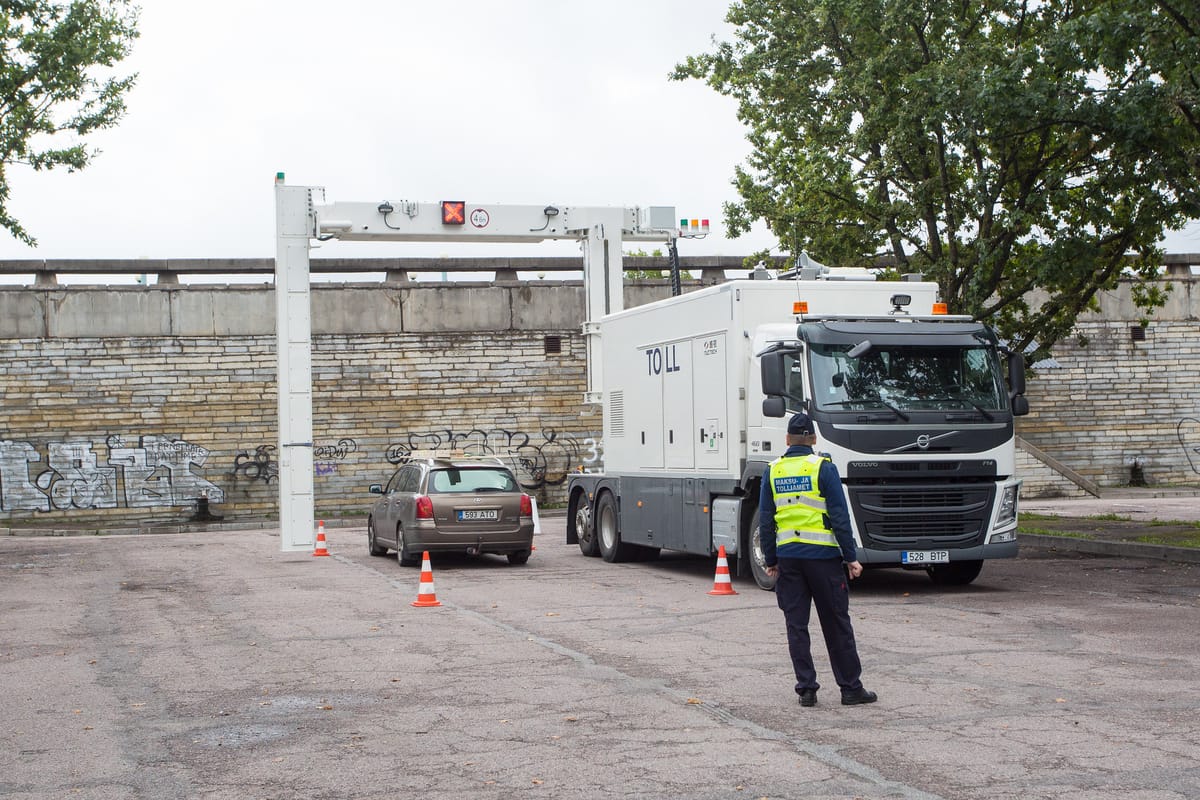Europe Offices of Nuctech Raided

The Lede: On Tuesday, European regulators raided offices of Chinese security equipment company Nuctech in the Netherlands and Poland. The European Commission increasingly is cracking down on companies believed to be involved in unfair state subsidies.
What We Know:
- The European Commission’s raids occurred at 9:30 am on Tuesday morning at Nuctech’s offices in Warsaw and Rotterdam. The China Chamber of Commerce to the EU reported that office documents, IT equipment, and employee mobile phones were seized by regulators with demands to access data in their search for evidence of financial support from the Chinese government.
- The European Commission, which did not name Nuctech specifically, said that the raids were a ‘preliminary investigative step’ taken under the suspicion of foreign subsidies that could interfere with the market.
- Nuctech said that it was cooperating with the EC while defending its ‘reputation as a fully independent and self-supporting economic operator.’
- The Chinese government denounced the raids as undermining the confidence of foreign businesses and operations in Europe and that it would take all necessary actions to defend the rights of its firms. It criticized Brussels for the unannounced nature of the action over directly raising issues with the company or Chinese authorities.
The Background: The probe was the first of its kind to be carried out under the Foreign Subsidies Regulation (FSR), which was adopted in July 2023. Since January, the EU has launched four investigations under the FSR. The law aims to ensure a level playing field for all companies operating in the European single market. Nuctech manufactures scanning equipment for airports and border crossings. It is a partially state-owned spin-off of China’s Tsinghua University and was previously run by Hu Haifeng, son of China’s former president Hu Jintao. The company was blacklisted by the U.S. Department of Commerce’s Bureau of Industry and Security in 2020.
Likely Outcomes:
- The raid demonstrates that the EU can act quickly in searching for evidence of foreign subsidies, disrupting the conventional view of European bureaucracy. Like with its probes into Chinese firms that produce solar panels, electric vehicles, and wind turbines in the EU market, the European Commission appears to have its sights on critical industries that China has a significant footprint in within its jurisdictions.
- In order to continue doing business in Europe, Chinese firms likely will try to hide evidence of funding from the Chinese government if they do receive it, or find other ways outside of the EU to manage those sources. Operations and supply chains in Europe may shift to adapt to this increased scrutiny.
- Chinese businesses may experience the same kind of slide into negative sentiments toward EU operations that foreign firms have been experiencing in China due to regulatory crackdowns. In the short term, there may be a pause in plans for big expansions or new hires for Chinese firms operating in the EU. Chinese President Xi Jinping will be visiting France, Serbia, and Hungary next month. The souring business environment for Chinese firms in the EU and options surrounding the new regulatory scrutiny may well be points of discussion.
Quotables:
“This action surprised even me – a dawn raid in Europe to find out more information about subsidies granted in China makes no sense.” - Andreas Reindl, managing partner at Van Bael & Bellis
“Chinese companies have been put on the back foot, but the best form of defence is attack, and that is to be prepared. A lack of preparation is the real problem here. [Chinese companies’] reaction time is slow. They need to talk to x, y and z, sometimes even the party. Many of them are not ready for this.” - Michel Struys, partner at Hogan Lovells
“Most of them receive subsidies, so this could lead to a de facto ban from the single market on some Chinese companies in certain sectors. It is a more elegant way of doing so than an outright ban. Instead it creates a very significant barrier to entry.” - François Chimits, analyst of Chinese trade and economic activity at the Mercator Institute for China Studies
Good Reads:
China's Nuctech raided in EU over foreign subsidies concerns (Reuters)
Chinese Nuctech raided in ex officio foreign subsidies investigation (Euronews)
